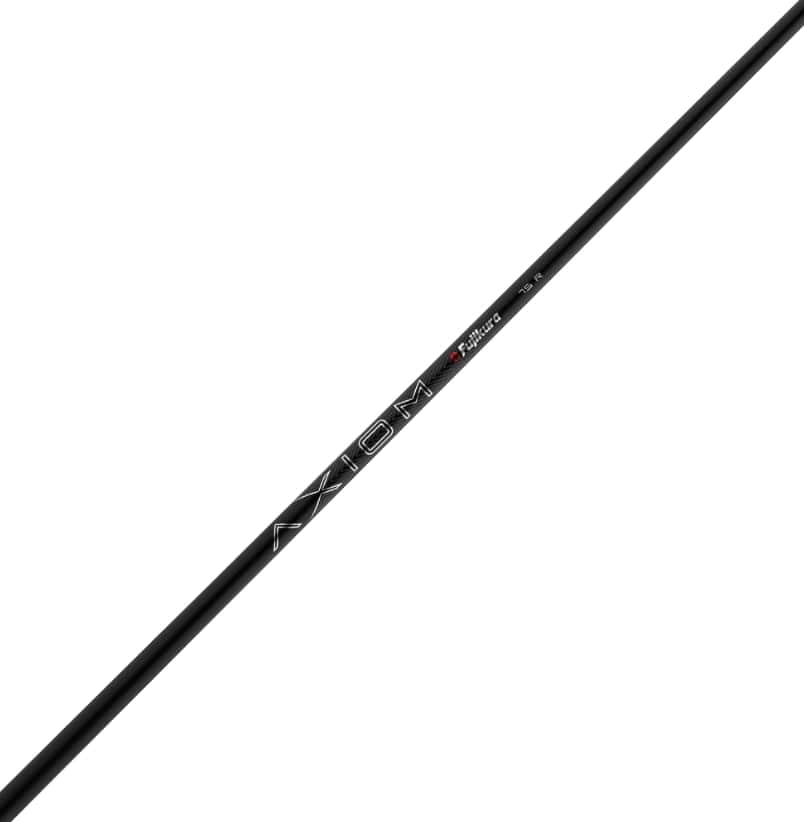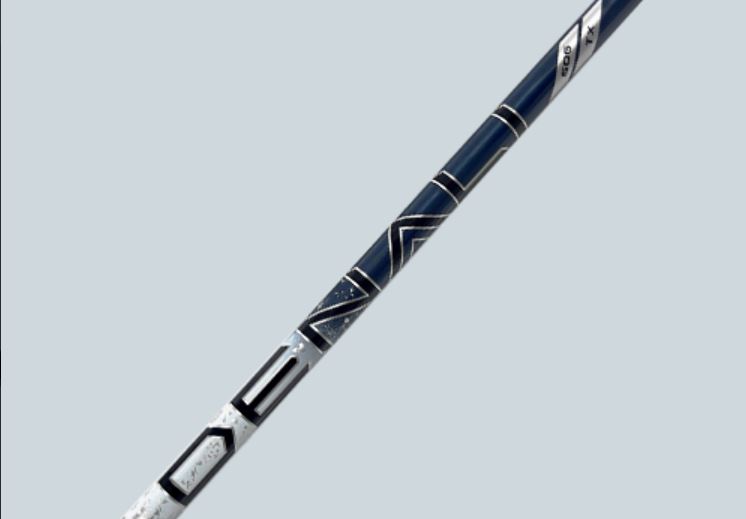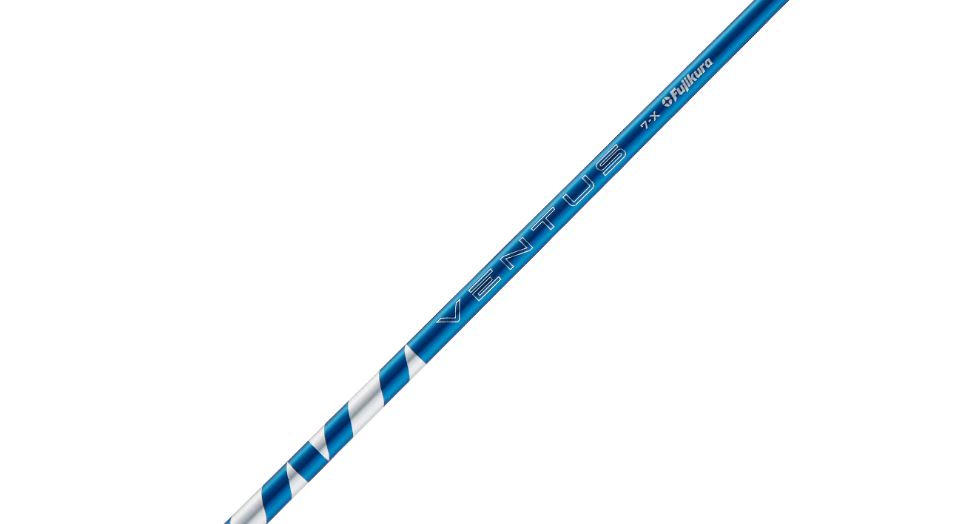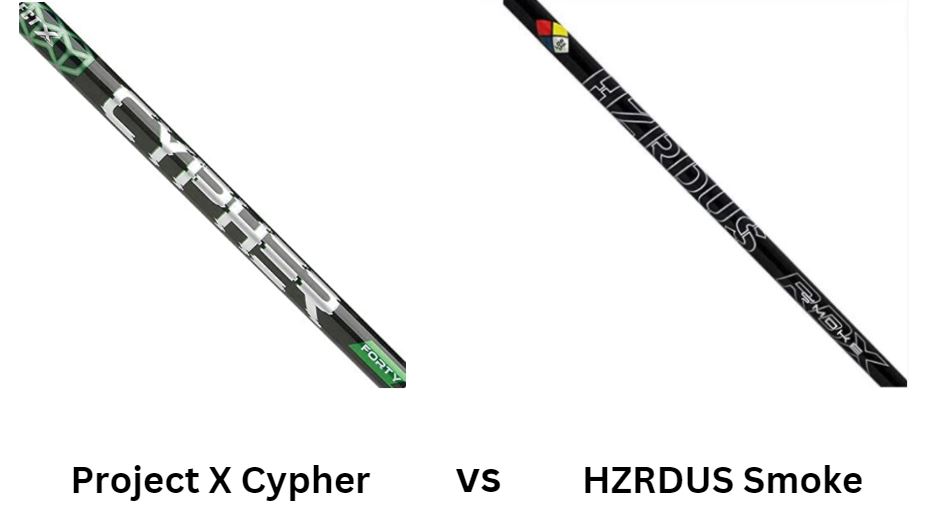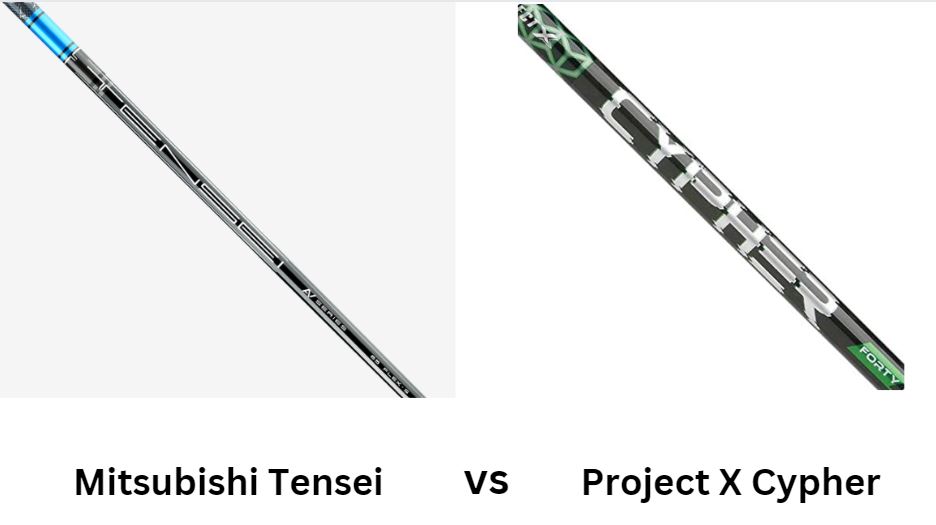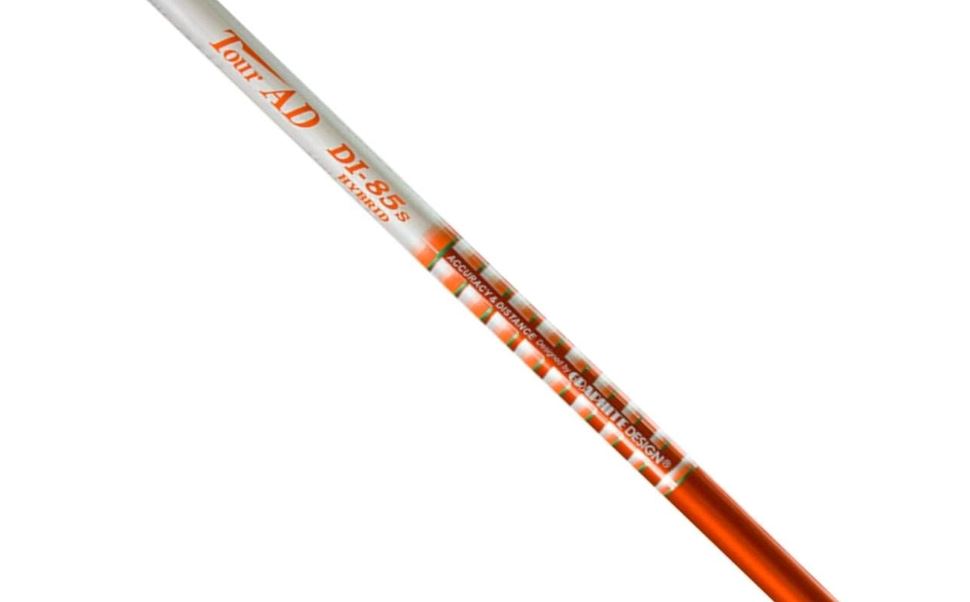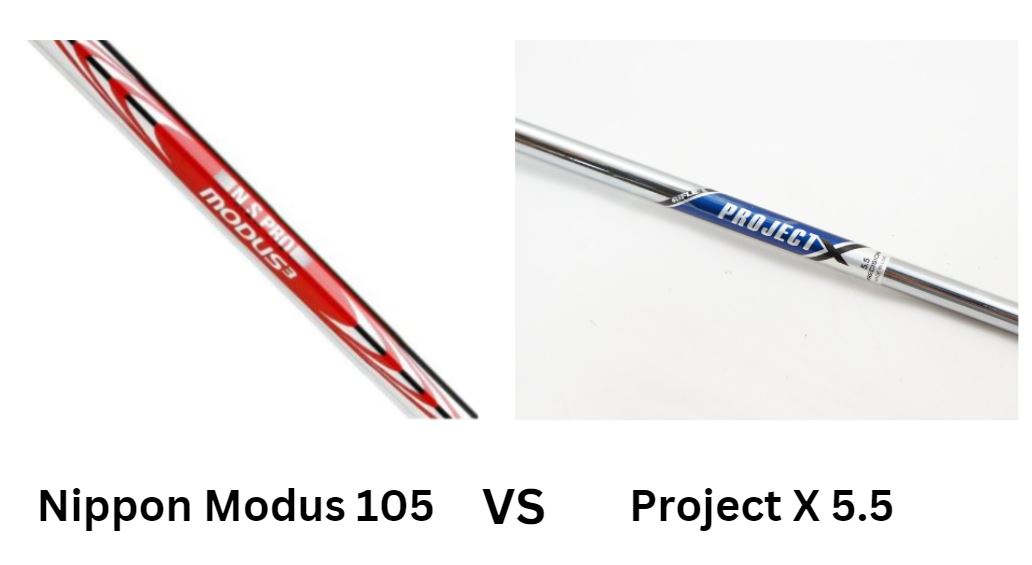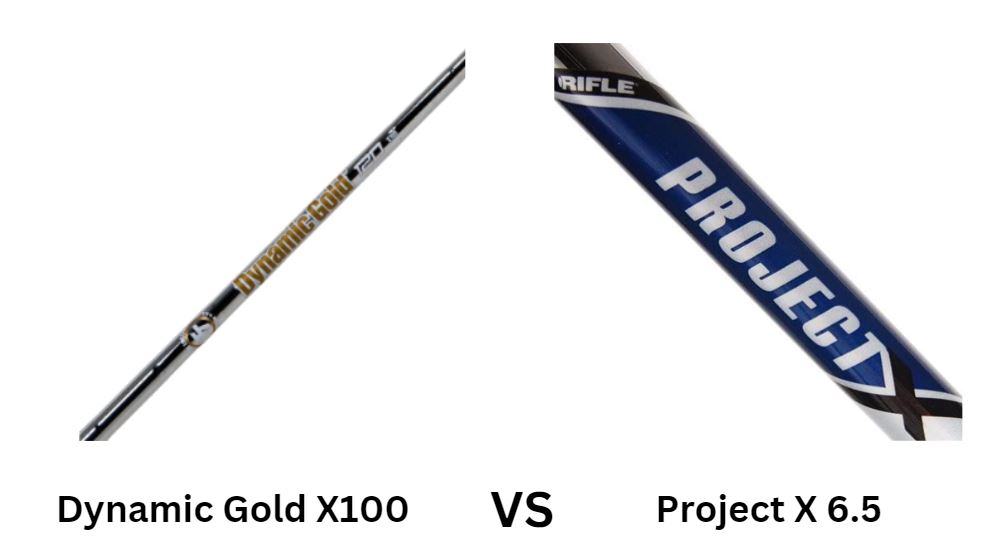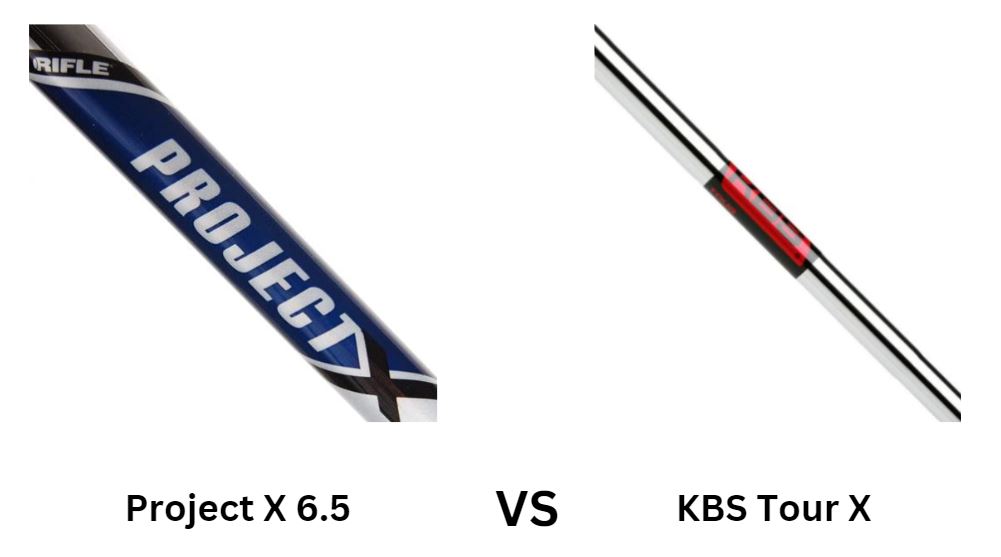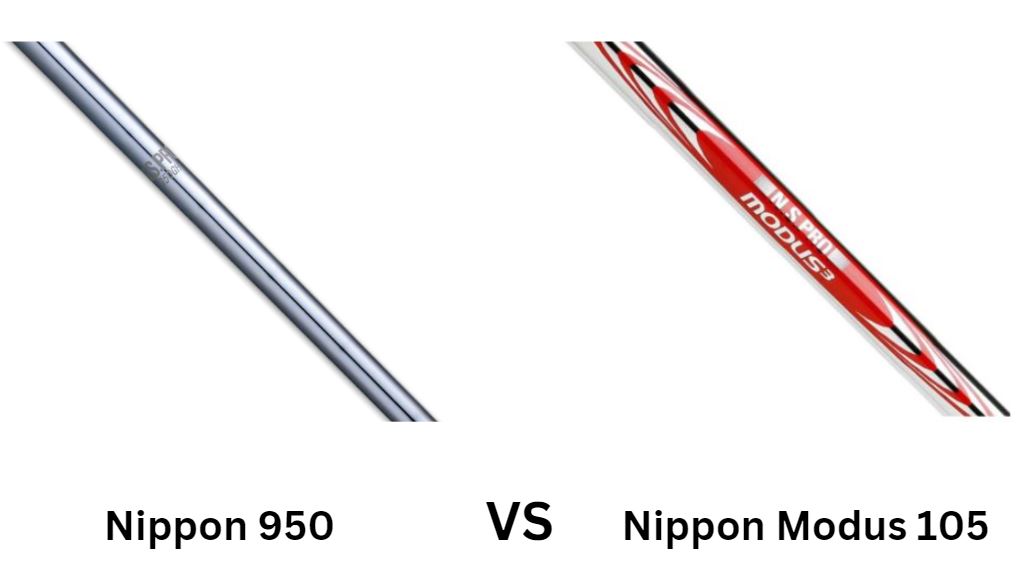Fujikura Axiom Shaft Review – Specs, Flex, Weight
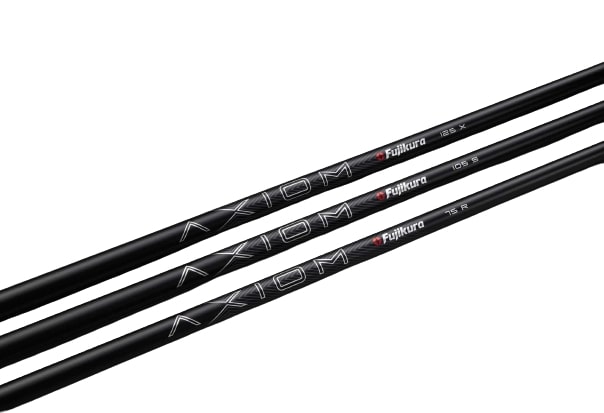
While Fujikura has been a major competitor in the metalwood shaft market, they have yet to penetrate the iron shaft market as deeply.
However, we think that will change very soon as the advent of the Fujikura Axiom graphite irons shafts are sure to draw a lot of attention.
We were able to get our hands on the Fujikura Axiom shafts and test them out for ourselves. While graphite irons shafts sort of have a stigma for being only for newbie players, we think a lot of scratch players will be gaming these shafts.
Some of the technologies that went into the famous Ventus shafts have made their way into the new Fujikura Axiom graphite iron shafts. To say the least, we were very intrigued by the features and technology that went into these shafts. So sit back and read on to find out if the Fujikura Axiom shafts hold any value for your irons.
Fujikura Axiom Overview
First of all, these are composite graphite shafts which means that they are made using a mixture of graphite and something else.
Since the formula for the Fujikura Axiom shafts is proprietary, we are not told exactly what materials are used. However, the VeloCore technology that was used in the Ventus series is also used in the new Fujikura Axiom shafts.
Fujikura describes “VeloCore” in a very vague way. They say that it increases stability during your swing and at impact…and we are inclined to agree with them. When we tested the Fujikura Axiom shafts, one of the first things we all agreed on was that they feel incredibly stable. Even for those of us who really load up, the face delivery was right on the money – pretty impressive for a graphite shaft.
The Fujikura Axiom shafts come in three weight classes: 75 grams, 105 grams and 125 grams. So right off the bat, these aren’t the lightest graphite shafts on the market. But when you add to stability, you have to subtract from somewhere. Still, they don’t feel as heavy as their weight classes would suggest.
Why is Fujikura Axiom So Popular?
We’re guessing that the Fujikura Axiom shafts have generated so much buzz because of the VeloCore technology.
This is the first time that Velocore has been used in an iron shaft and many golfers are very curious to see if it will provide the same kind of performance as it does for metalwoods. And to be honest, these shafts look really sexy. They have a satin black finish that just screams, “premium!”
How Does the Fujikura Axiom Perform?
Now onto the important stuff. Right away, those of us who are die-hard steel iron shaft devotees felt alarmingly comfortable with the Fujikura Axiom shafts.
They weren’t as stiff as our normal steel shafts; but that didn’t matter because the ball flight and consistency was very reminiscent of our steel shafts.
They have a controlled flight as well. Rarely did we see any shots balloon into the wind and when we did, we were intentionally trying to launch high. A lot of us were concerned that the launch and spin rates would be too high but both factors were very similar to our steel shafts.
On average, we were hitting the ball 158.8 yards with a 7-iron fitted with the Fujikura Axiom shaft. This marked a 6 yard increase for most of our testers. Some of that came from increased accuracy. We noticed that the Fujikura Axiom shaft was very resistant to twisting and it was easier than normal to square up the face because there was very little warping going on when we unloaded.
Fujikura Axiom Shaft Specs Table
| Specs | Fujikura Axiom |
| Weight | 75g, 105g, 125g |
| Available flexes | R2, R, S, X |
| Length | 37.5” – 40.5” |
| Butt | .600 |
| Tip | 2.5 |
What Flexes Are Available? What Swing Speed Do They Suit?
You can choose from regular, stiff and extra stiff flexes.
It should be noted that only the 75g version has regular flex options. Regular flex would be more for a deliberate transition while stiff and extra stiff are better for aggressive swingers.
What Weights Are Available? What Swing Speed Do They Suit?
You can choose from 75g, 105g and 125g.
The 125g shaft is only for heavy hitters who really load up. The 105 is a good option for moderate swing speed players while the 75g version is good for anyone swinging under 85 MPH.

